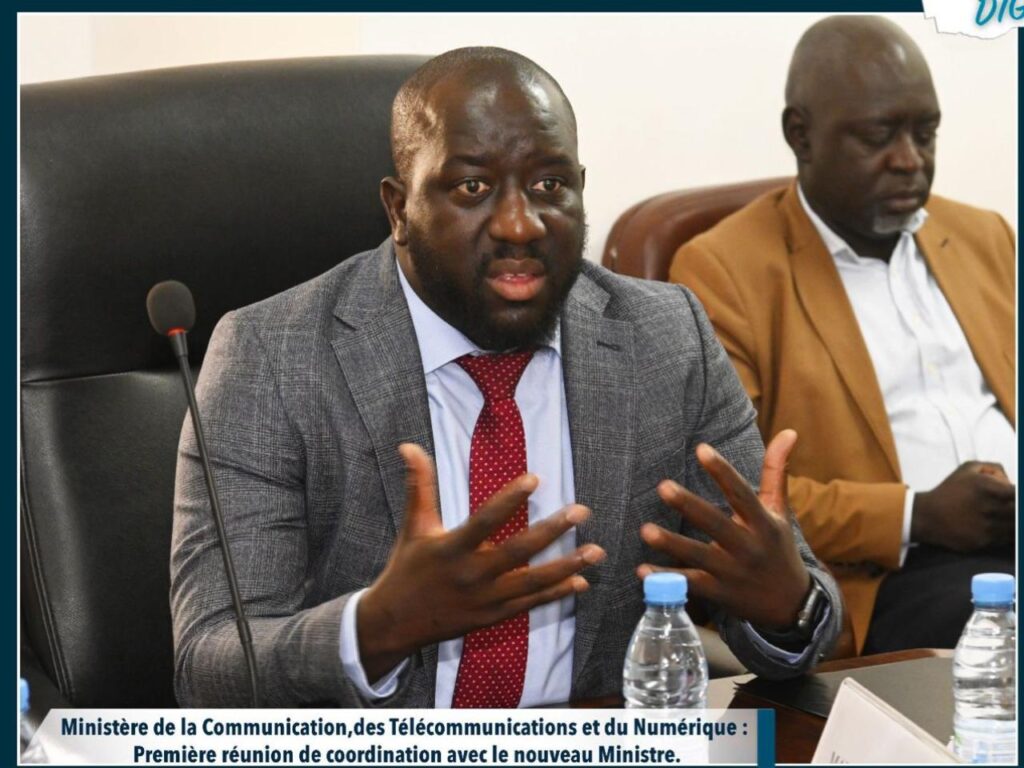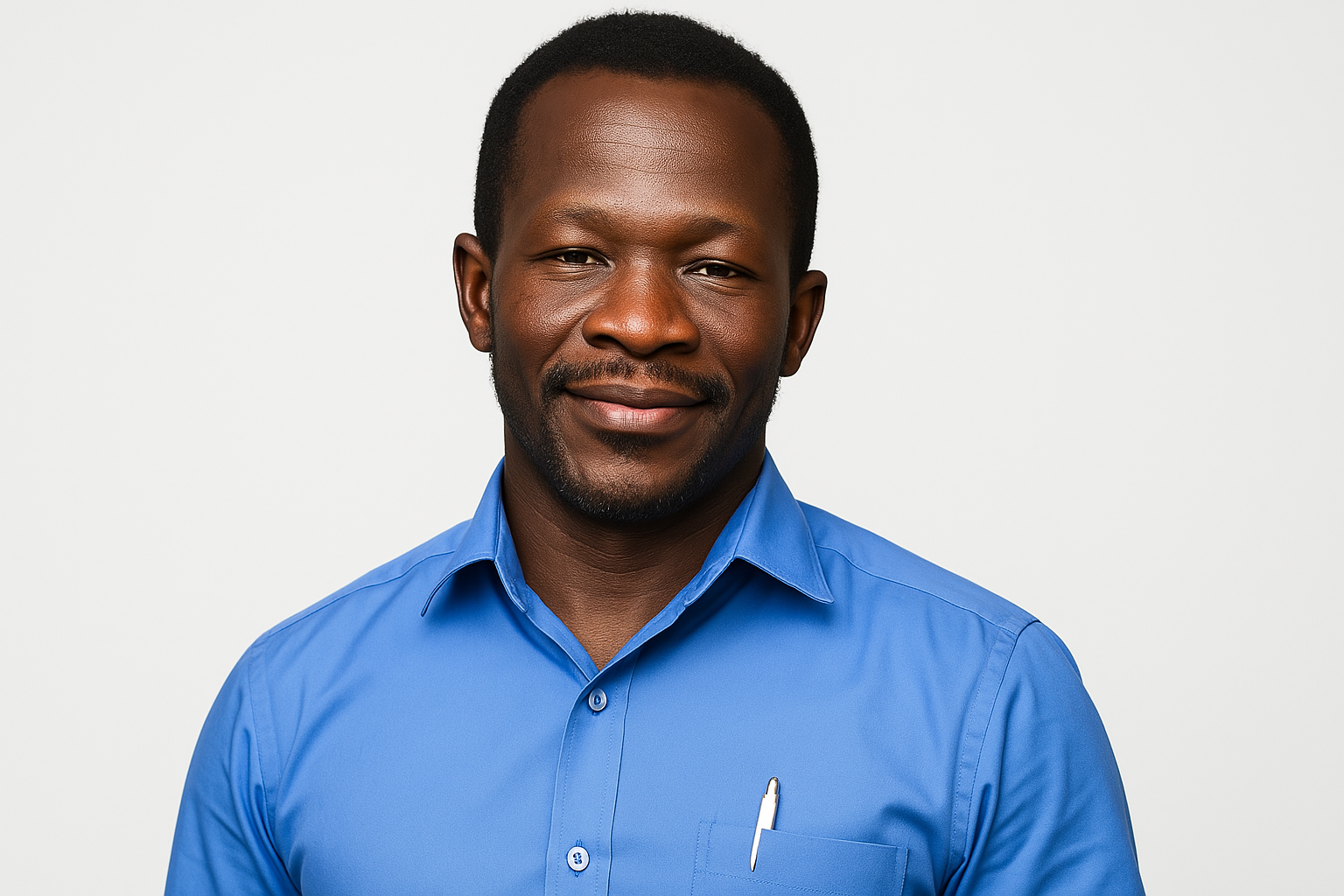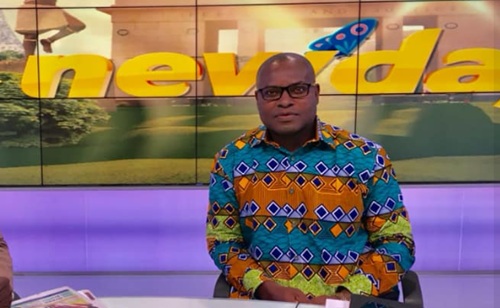On April 22, 2025, Senegal’s Minister of Communication, Telecommunications and Digital Media, Alioune Sall, signed a decree ordering the immediate suspension of broadcasting, publication, and content sharing by media outlets that do not comply with the country’s Press Code.
The decree follows a notice issued by the media regulator on October 4, 2024, announcing the establishment of the Senegalese Commission for the Examination and Validation of Press Enterprises. The Commission’s mandate is to regulate and professionalise the media landscape in Senegal and to ensure compliance with the Press Code.
Six months later, out of a total of 639 media outlets identified and evaluated by the Commission, 258 were declared in compliance with the press code, compared with 381 deemed non-compliant.
The suspension order is the latest in a string of measures taken by the government of President Bassirou Diomaye Faye that have disrupted the media landscape in Senegal.
Already weakened by the COVID-19 pandemic, many media outlets in Senegal have long struggled to stay financially afloat. On March 18, 2024, the then-President Macky Sall decided to relieve Senegalese media from their tax debts, estimated at over 40 billion CFA francs (USD 70 millions). This decision was welcomed by the Senegalese media fraternity, as it enabled them to rid themselves of a burden too heavy to bear.
Although Macky Sall had decided to absolve Senegal’s media outlets of their tax debts, no official decree had been passed to fully implement this decision before the former president handed over power.
On April 2, 2024, the new government was officially sworn in. And against all expectations, the decision to exempt the media from their tax debt was not accepted by the new government led by President Bassirou Diomaye Faye and Prime Minister Ousmane Sonko. As part of efforts to recover the outstanding debts, the new administration froze the bank accounts of several media outlets.
Furthermore, in July 2024, the new government suspended its contracts with the media, reportedly to reduce state expenditure. This suspension aggravated the situation of a number of media outlets whose revenues depended mainly on contracts signed with the State.
In response to the mounting pressure, on August 13, 2024, Senegalese media organisations observed a press-free day to protest what they described as repressive actions by the new government. The Media Foundation for West Africa (MFWA) subsequently addressed an open letter to the authorities urging them to prioritise press freedom and media sustainability.
Eight months later, the Senegalese government has taken another step to suspend about 381 media outlets deemed to be non-compliant with the press code of the country.
In less than a year, the succession of decisions taken by the Senegalese government appear to be gradually, but incrementally, forcing a number of the media outlets in the country out of business. The situation is limiting the spaces of expression, sources of information and also creating tension between the media and the government.
While compliance with the press code is essential to guarantee the quality of media outputs and professional media conduct, the Media Foundation for West Africa (MFWA) calls on the authorities to consider avenues of strengthening the non-complying media outlets to be able to meet the requirements within a given period rather than suspending more than half of the media outlets in the country.
The MFWA urges the Senegalese authorities to choose dialogue and capacity strengthening over suspensions in its quest to streamline the media industry in the country. The authorities should also ensure that their actions and decisions do not end up further restricting the civic space and access to information.






